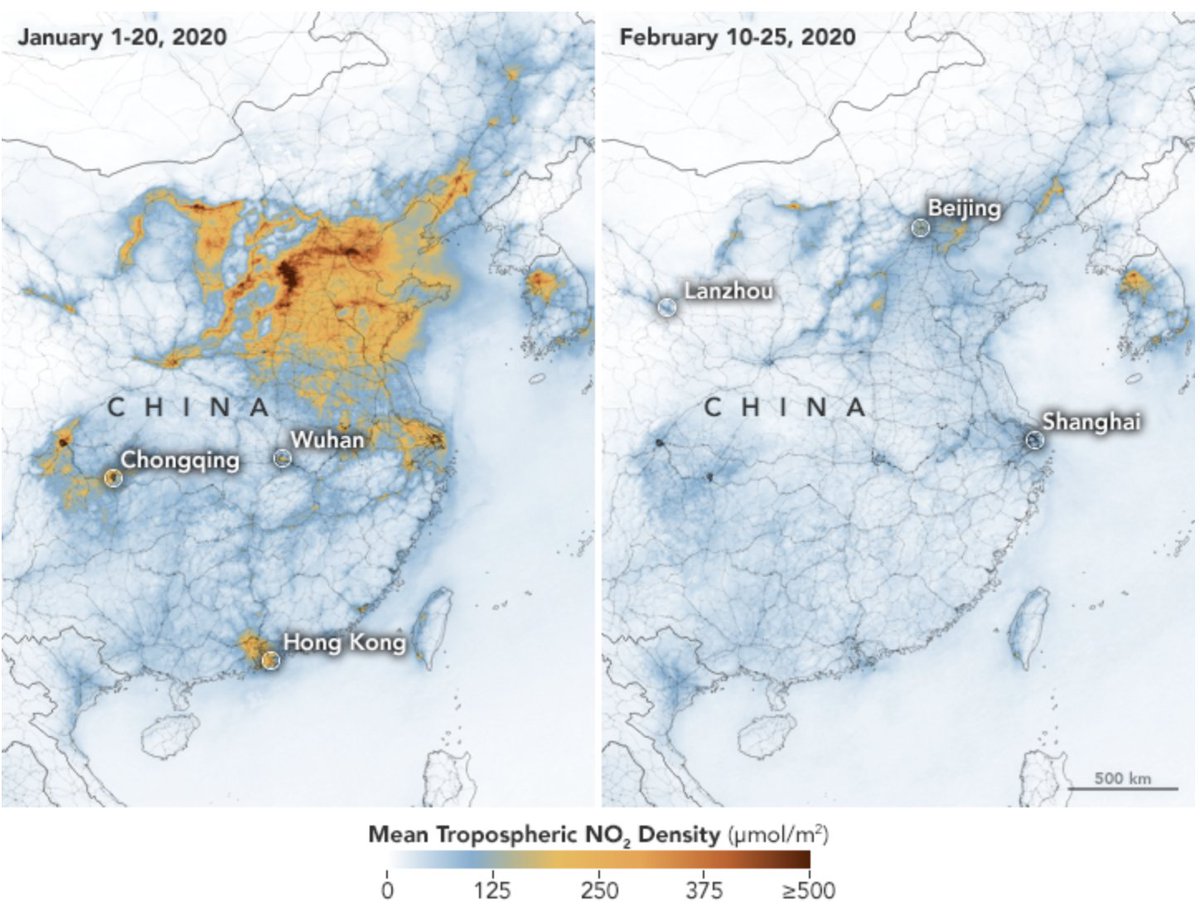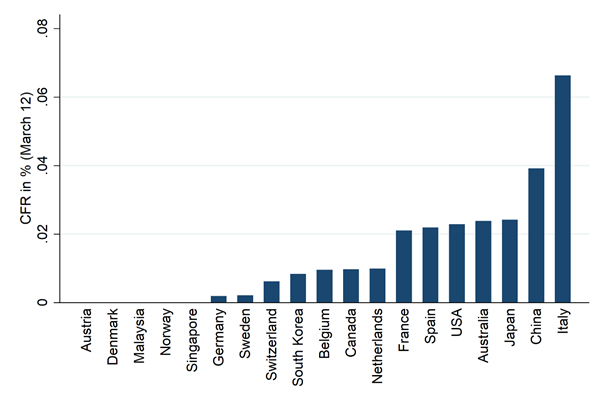1. Invest money into shortening the duration of the lockdown (testing/vaccines/treatments, etc)
3. Provide financial and other assistance to individuals whose incomes are affected by the lockdown
The devil is in the details, of course, but there are many capable economists who can help get the details right.









